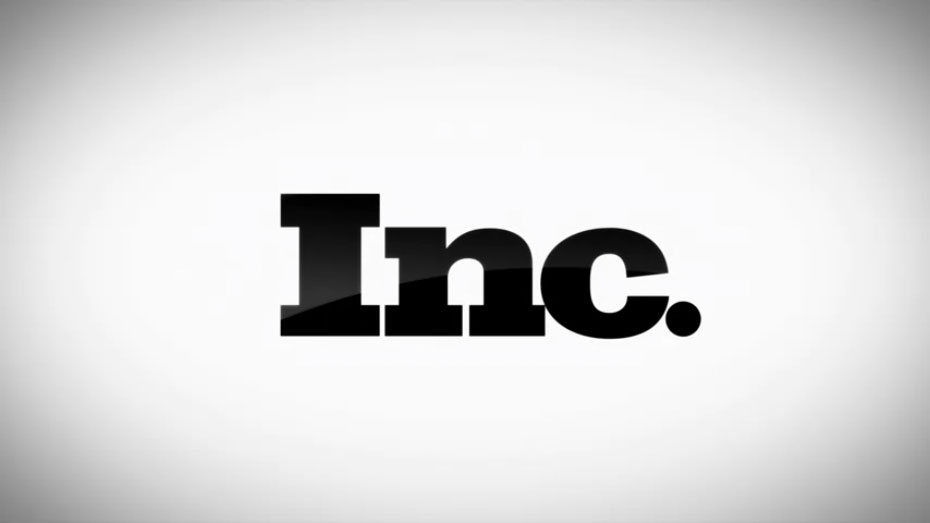54 Inch Round Dining Table
Is the 54-Hour Start-up a Myth?
How does Startup Weekend turn strangers into teams into companies in less than three days? A review of the new book that documents the process.

Can anyone really start a company and go from "concept to creation in 54 hours?"
Doing so is the precise goal of the event Startup Weekend (which I covered in April 2009). It's also the subject of the book, Startup Weekend: How to Take a Company From Concept to Creation in 54 Hours, which was published last week.
Startup Weekend attracts entrepreneurs, programmers, designers, and curious corporate types to an intense Friday-night-through-Sunday round of exercises, pitching, brainstorming, and ultimately the creation of prototype start-up companies presented to investors and founders. Many companies—including hits FoodSpotting and Zaarly—have grown out of the 54-hour weekend process.
After explaining the creation of Startup Weekend itself, the book demonstrates the need to build an environment of trust. Makes sense: no one is going to pitch their idea to complete strangers without an expectation of some good feedback and potential value-exchange. Empowering participants to pitch and learn helps build the community that "lives" throughout the weekend.
Readers will learn about the team-creation process and the intense hours of creating a "rough draft" of a start-up. Other skills on offer in the book include a brief course on the 60-second pitch, and ways of generating enthusiasm in order to gather talent for a team. The authors use the 54-hour time-compression of Startup Weekend to model the experiential education most people will get in an actual start-up, including understanding minimum viable product offerings and determining which priorities are urgent versus important.
While I can recommend it as a good, fast read, the book is much more of a sales tool for the actual events than a textbook of the lessons participating in an actual Startup Weekend would provide. Any potential entrepreneur reading the book will find their fingers moving toward their browser to search for the event nearest them—and I do recommend attending a Startup Weekend program.
While the authors do use quotes and examples of companies to tie the skills learned to actual life start-ups, the book doesn't frame the lessons in a unique way that offers great new insights for potential entrepreneurs. I would have liked to see chapter summaries with takeaways for busy entrepreneurs, and more specific ways of tying the skills learned in startup weekend to success in building a working company. It is not clear how many companies actually started from Startup Weekend, and what the success-to-failure ratio is for a company born there.
One thing is clear: Reading about how teams come together around an idea in a short time is less dramatic than actually trying it out. In the same way that the book encourages experiential education, the key elements really should be experienced. The book—much like the weekend—gives readers a taste of the potential without actually helping them get a complete picture.
No one can expect to have a fully baked company at the end of 54 hours—there's still more work to be done.
Nov 18, 2011
Sponsored Business Content 
Source: https://www.inc.com/howard-greenstein/startup-weekend-the-book.html

0 Komentar